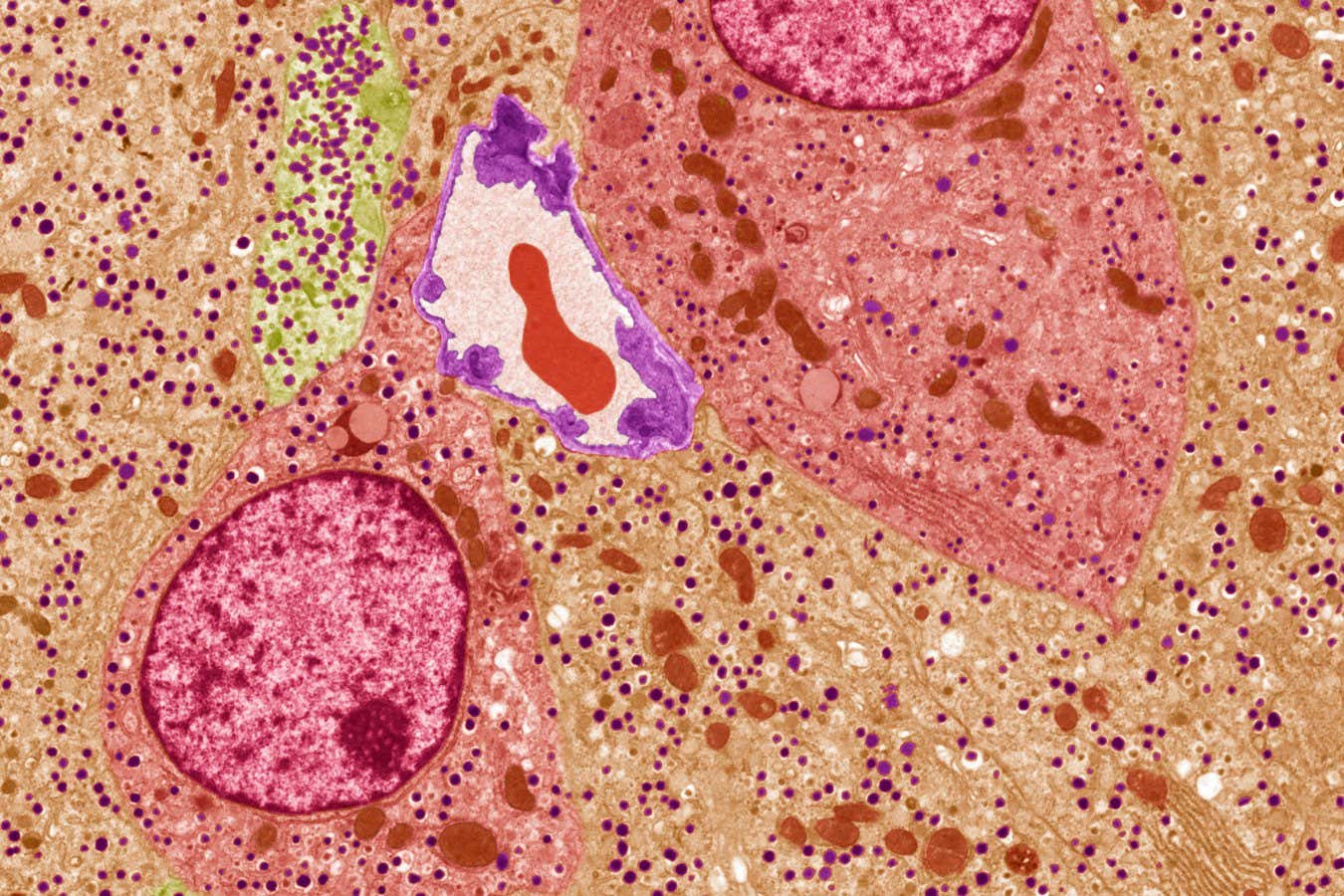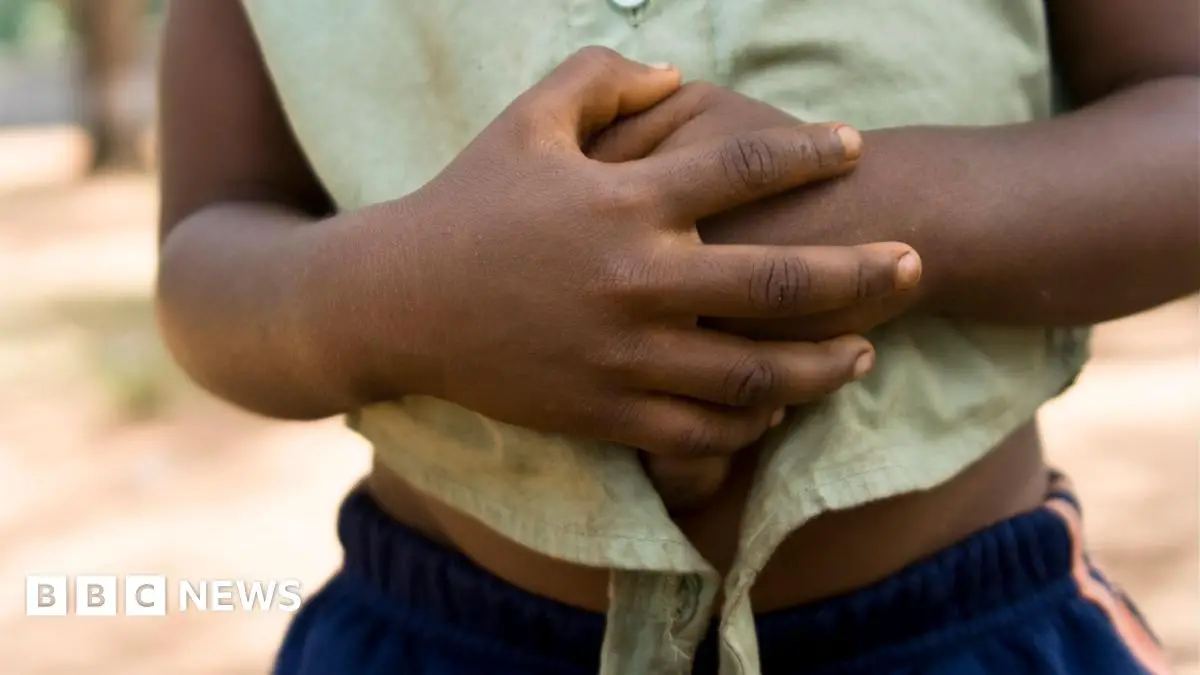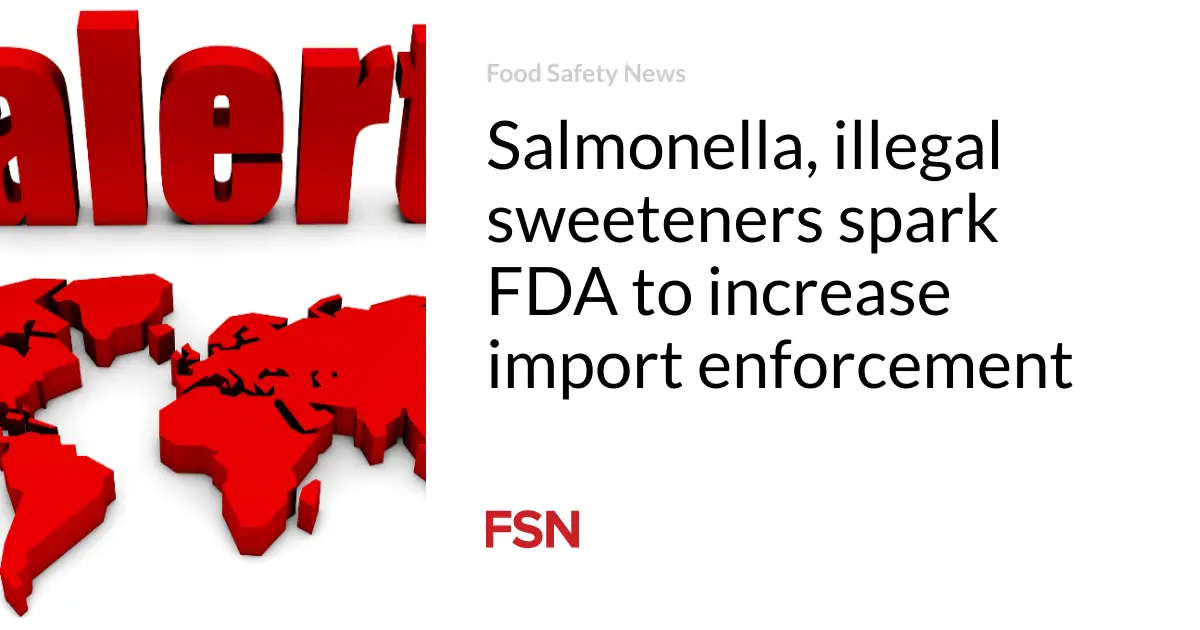
More than 321,000 children in the U.S. lost a parent to a drug overdose from 2011 to 2021, an alarming figure that shows the nation’s obligation to “comprehensively address the needs of individuals, families and communities” when tackling the growing overdose crisis, experts say.
A new study published Wednesday in the medical journal JAMA Psychiatry found that the rate of children who lost a parent to an overdose more than doubled in that decade span, jumping from 27 to 63 children per 100,000. In total, the study estimates that 321,566 children in the U.S. lost a parent to a drug overdose in that time span. And while the rates of loss increased consistently each year across all demographics examined in the study, people of color were disproportionately affected by this trend.
The highest number of deaths were among white parents, but children of American Indian or Alaska Native parents experienced the highest rates of loss, the study found. Children with young Black parents between the ages of 18 and 25 experienced the highest increase in the rate of loss each year.
The study was conducted by researchers from the Substance Abuse and Mental Health Services Administration (SAMHSA), the U.S. Centers for Disease Control and Prevention (CDC), and the National Institute on Drug Abuse (NIDA).
Nearly 650,000 people between the ages of 18 and 64 died of a drug overdose from 2011 to 2021, but this was the first national study to estimate the number of children who lost a parent in that span, according to a press release about the study from the National Institutes of Health (NIH). Researchers used data from the National Surveys on Drug Use and Health and the CDC National Vital Statistics System to conduct the study.
“It is devastating to see that almost half of the people who died of a drug overdose had a child,” Nora Volkow, the director of NIDA, said in the press release. “No family should lose their loved one to an overdose, and each of these deaths represents a tragic loss that could have been prevented.”
Researchers said that the study highlighted the need for holistic health care to treat people who struggle with substance abuse and the importance of providing prevention resources to help families break generational cycles of substance abuse.
“These data illustrate that not only are communities of color experiencing overdose death disparities, but also underscore the need for responses to the overdose crisis moving forward to comprehensively address the needs of individuals, families and communities,” Miriam Delphin-Rittmon, the leader of SAMHSA, said in the NIH’s press release.







